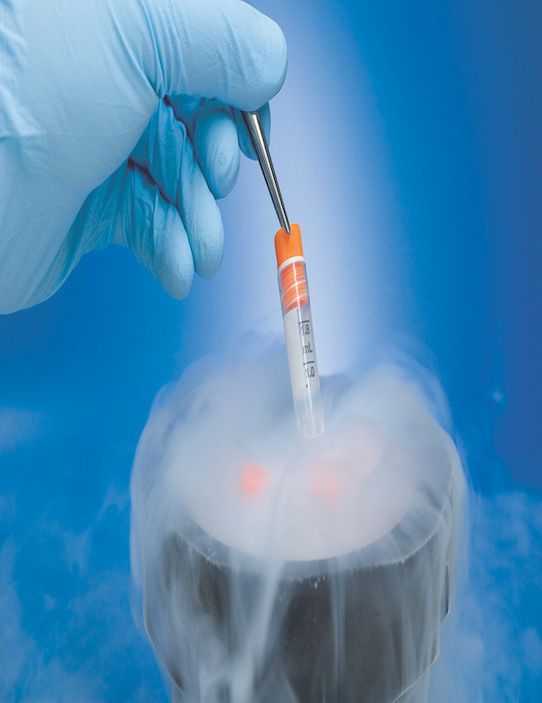NABP updates rogue-pharmacy data and its .pharmacy programs
Thousands of poorly regulated websites are targeted
As of June 30, the National Assn. of Boards of Pharmacy (NABP; Mt. Prospect, IL) has identified and reviewed 11,015 websites offering prescription pharmaceuticals to consumers; of those, 10,588 (96%) were out of compliance with US standards for dispensing prescriptions online. And while some would attribute the non-compliance to online pharmacies outside the US, selling into the US (which is a technical violation of US law), NABP’s data show that the biggest violation is not requiring a valid US prescription (a feature of 85% of the rogue sites).
NABP has been conducting this review since 2008, and year after year, the preponderance of online pharmacies are illicit. Just over a year ago, the count was 96.6% of 10,758 sites. This is despite the international effort know as a the Pangea programs, which unite law enforcement agencies across the world (including FDA) and shut down thousands of sites each year. In its 2015 report, Internet Drug Outlet Identification Program Progress Report for State and Federal Regulators: July 2015, NABP notes that it and others have been complaining for years to ICANN, the organization that manages naming and access conventions on the World Wide Web, that a relatively small number of domain-name registrars (the companies that are authorized by ICANN to list a website URL) seem to exist primarily to generate website addresses for rogue pharmacies. ICANN has the authority to revoke the accreditation of the registrar, but seems to have taken little action to date. And this might get even worse if, as planned, naming authority shifts from an agency overseen by the US Dept. of Commerce to an international body.
On the brighter side, NABP has been designated by ICANN as the manager of the dot-pharmacy top-level domain name; any organization that wants to use a website name ending in .pharmacy must be licensed by NABP or its affiliated organizations. The new report details that as of June 30, 327 domain names have been approved (information about this exists at www.safe.pharmacy). NABP also runs the Verified Internet Pharmacy Practice Service (VIPPS) program, which accredits US online pharmacies as safe to use.
For the pharma industry, rogue pharmacies are a constant worry because they often represent sources counterfeit products (sold under reputable product brandnames); diversion and—where legitimate pharmaceuticals are being delivered—lost sales margins. Consumer advocates continually agitate for allowing wider use of non-US pharmacies to fill prescriptions, a topic that loops into the discussion of drug pricing and access.
